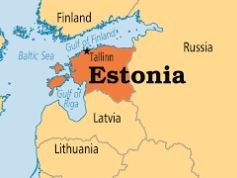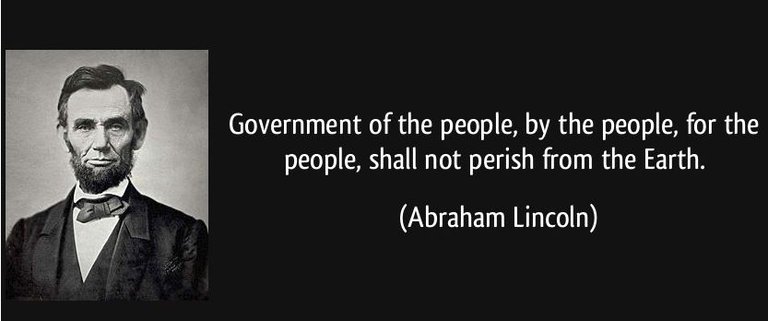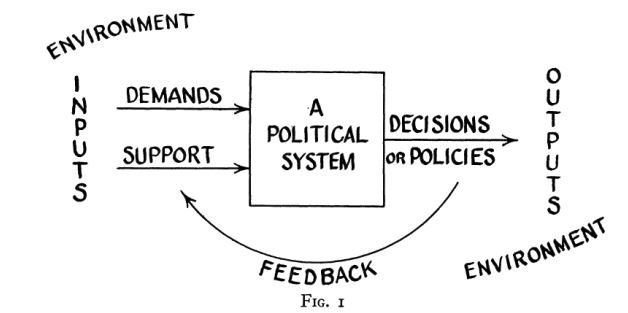Content:
I. Background
II. Role of Government
III. Second Era of Democracy
IV. Blockchain Voting
V. Alternative Model of Politics and Justice
VI. Wielding Tools for The Digital Era
VII. Conclusion

I. Background
Estonia
- Ranks second of all countries on the social progress index for personal and political rights
- Estonia leaders have designed their e-government strategy around decentralization, inter connectivity, openness, and cyber security.
- Their goal has been to future-proof infrastructure to accommodate the new
- Cutting administrative inefficiencies and providing integrated services to its residents and businesses
- Increasing revenues to the government
e-Estonia (https://e-estonia.com/)
- The central model of their digital identity, which utilizes the Keyless Signature Infrastructure (KSI), which verifies any electronic activity mathematically on the blockchain without system administrators, cryptographic keys, or government staff.
All residents are able to:
- Access and information and services online
- Use their digital identity to conduct business
- Update or correct their government records
- Vote, review, and edit their automated tax forms online
- Access banking services and public transportation
- Track school's assignments, curriculum, and grades
- Have exclusive access to their own record and can control who has access to it.
- Participate in the exchange of asset (land transfer)
- Apply for "transnational digital identity", e-Residency Program
- Register his or her company online in fewer than 20 minutes and administer the company online
- In 2013, Estonians submitted over 95% of taxes electronically and conducted 98% of banking transactions online.
- Estonia "hash" official documents (passports, birth certificate, marriage license, death certificate, drivers license, health card, land titles, voter ID, business registration, etc.)
"Hashing": taking an input string of any length and giving out an output of a fixed length.
- Any documents, file, transactions can be converted into these functions, which later can be stored on the blockchain. secured using both private and public key assigned to your digital wallet.
hence, all these efforts, Estonia is paving the way for massive innovation from the inside out by embracing technological change and empowering their citizens to strive for a more inclusive democracy, where radical transparency is required for administrative and security purposes.
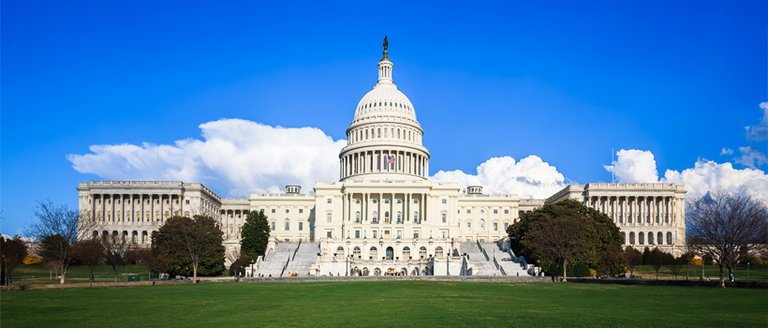
II. Role of Government
The critics of "big government" are right in one sense. When it comes to efficiency, government services and operations have a long way to go. governments are organized into silos that dont share information. bureaucracy often trumps common sense or shared practices. Citizens rarely have one-stop shopping for government services. Every country has countless tales of politicians and bureaucrats squandering taxpayer dollars.
Instead,
Blockchain enabled networks make government services more robust and responsive. By freeing up administrative time, removing the potential for corruption or other artificial barriers, providing self-training modules online, and paying citizens their social security funds on time, governments will empower their citizens to collaborate on public policy goals. at the same time, the blockchain ledger assures accountability for the use of public funds.
Essentially, more government through more information and context, and less government through providing information and better tools for individuals and group decision making and action within that context.

Initiatives:
Pegging smart social contracts to political reputations:
- Officials can't hide "off the book" payments or other government records (e-mail, decision logs, and databases)
- Transparency is crucial for changing the behavior of an institution.
- Track commitments of regulated industries in real time, assessing whether they are following through on promises made (investment in sustainable energy)
- Public is constantly aware of who is behaving with integrity
III. Second Era of Democracy
While representative democracy is complex and varies globally, one thing remains constant: passive citizenry, online voting would enable citizens to give their views more often.
So far, internet hast changed democracy for the better. If anything, with increased surveillance and infringement of privacy on the pretext of national security, democratic governments are behaving more like authoritarian regimes.
3 Particular challenges:
1. Fragmenting Public Discourse
- New communications and data analysis tools have allowed ideologically driven groups to hijack social and political debate
- Both liberals and conservatives are using them to create echo chambers that undermine the potential for compromise, let alone consensus
2. Scaling Ignorance of the World Wide Web
- Those using the web to further ignorance and denialism are outgunning scientists and rationalists
3. Complicating Policy and Implementation
- Many unforeseen issues arise between elections, no government can credibly assert that it has a voter mandate to take specific actions on all pertinent issues.
- even if a government commissions an opinion poll to discern the public's view, the polling process doesn't tap into the wisdom and insight that a nations citizens can collectively offer.
This suggests A new model of democracy that emphasizes public discourse and citizen engagement, a more collaborative model, perhaps one that rewards participation.
IV. Blockchain Voting
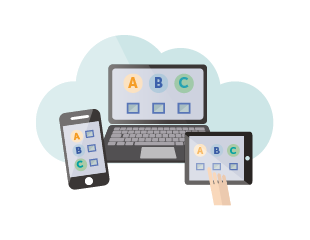
E-Voting (Electronic voting) has proved unreliable as manually tallied votes. it today suffers from three problems:
- Attacks on the software and hardware
- Mistakes or bugs in the coding
- Human error
Startups and Developments:
CommitCoin (https://eprint.iacr.org/2011/677.pdf)
- Uses cryptographic proof-of-work systems to prove a message was sent at a certain data
- to prove the integrity of election data before the event, as a means of "carbon dating commitments", providing a baseline to counteract fraud and error
DEMOS (http://cgi.di.uoa.gr/~phdsbook/files/Zacharias%20Thomas.pdf)
- Paper published by University of Athens, Greece in 2015
- End to End (E2E) e-voting system verifiable in the standard model, it uses a distributed public ledger to create a digital ballot box that citizens can use to vote from anywhere in the world.
- Detects election authorities who try to misrepresent outcomes
Neutral Voting Bloc (NVB) (http://nvbloc.org/)
- Australian organization
- a political app where interested citizens can register their opinions on policy issues by voting on the blockchain
V. Alternative Model of Politics and Justice
If the blockchain could enable a more efficient, responsive government and improve how democracy is administered through new voting procedures, could it also catalyze new political processes as well?
For some supporters of next-generation government, the ultimate aim of electoral reform is to enable a system of
1. "Liquid Democracy" or Delegative Democracy
Functions:
- Allows citizens the ultimate customization and personalization of the democratic experience
- You can choose your level of participation at any point in time
- Your input is always welcome, but not required to keep the country running
- Enables a system in which voters can select many trusted experts or advisers to vote on their behalf
- Underlying ideology: belief that no one person (or party) has the full, right answer to every question.
- crowdsource justice
2.Prediction Markets or Futharcy
Functions:
- Aggregating many small wagers about future events into powerful predictive model
- With the right application, it could help create collaborative democracy
- Governments can engage citizens in helping better understand future scenarios, enabling governments to make better policy choices
- Engaging citizens into making small choices that contribute to national discussions of policy, eventually shaping the future of their own democracy

3. Blockchain Judiciary
Functions:
- Combining transparency, crowd sourcing, and online citizen participation
- Putting several judicial process online, including :
a. filing charges and complaint
b. gathering and vetting of evidence
c. engaging citizens in open trials online
d. as online jurors, issuing a verdict - Transparent processes with crowd sourced discovery, analysis, and decision making, you get an accurate outcome in a much shorter time frame and at vastly reduced cost.
- Its the "wisdom of the crowd" applied to many judicial processes with beneficial results.
VI. The Wielding Tools of twenty-first century Democracy

A global, distributed, and programmable ledger that is secure, designed for privacy, and enriched with incentive systems, blockchain technology lends itself to the development of new democratic tools:
1. Digital Brainstorming
- Bringing together policy officials and citizens to have real-time, moderated, online brainstorming sessions to identify new policy or needs.
- Consensus is then achieved through one-token, one-vote systems that can help achieve thoughtful discussions
2. Online Citizen Juries and Panels
- the jury uses the internet to share information, ask questions, discuss issues, and hear evidence.
- reputation system help questioners to know the background and reputation of the jury and panel members
- decisions and records are recorded on the blockchain
3. Deliberative Polling
- Combine small group discussions on the internet with scientific, random sampling to contribute more informed public input in policy making that instant polling can provide
4. Scenario planning
- Building scenarios with simulation and modeling software to project future policy needs and to understand the long term consequences of the decisions
- Politicians, bureaucrats, and citizens could assess the potential impacts on a range of factors, ranging from health, to the environment, to the economy.
5. Prediction Markets
- Countless opportunities in this market
- governments can use them to gain insight into many substantive questions
a. when will the bridge actually be built?
b. what will be the unemployment level in twelve months? - reputation system, reduce the number of trolls and saboteurs, and ensure that all comments are accurately and indelibly recorded.
VII. Conclusion
There is a role for everyone in moving government and democracy. First, there are unlimited opportunities for eliminating redundancy and wasted time, voting and participation in new democratic processes, serving as juror, earning energy credits, paying taxes, and receiving public services, and seeing where ones tax dollars are going and how representative are voting.
Elected representatives need to step up and show leadership in designing and implementing smart contracts to create better transparency. Civil servants and government employees could use sensors and cameras to track public assets and inventory, prioritize infrastructure repairs, and allocate resources more efficiently. The possibilities abound.
